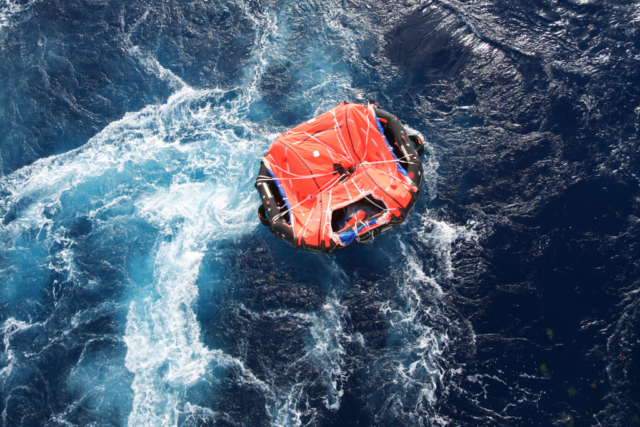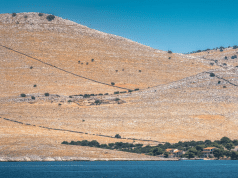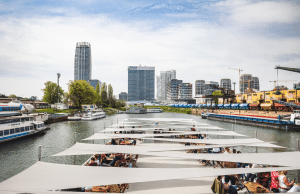Would you want to organise an event in a destination, where panic, confusion and fake news are being spread instead of trustworthy and reliable information?
It was about five years ago when we wrote about the importance of having a crisis communication plan in place. It was when Istanbul and other major European cities were crippled by terrorist attacks. A paragraph from our report went something like this: “If anyone, the first 20 meeting destinations in the world should be dealing with this problem with all their power. These are global metropolises targeted by terrorist groups. The problem is, safety is still one of the most important criteria for meeting planners when selecting a destination.”
The late Rok Klančnik wrote an excellent book on crisis management and crisis communication in tourism. Unfortunately, it was only published in Slovenian, but it carries a universal message. Firstly, the author recommends that every destination prepares a crisis management plan. How many destinations actually have such a plan in place?
In Rok’s opinion, a PR manager’s role is also crucial. A well-informed, charismatic person can thoroughly change the perception of a destination. That person is usually the head of a convention bureau or someone, who the professional public trusts, recognizes and truly appreciates. His/her messages have to be consistent and prompt. The market will then decide if certain PR messages are too exaggerated, fake or theatrical. It is also important that he/she properly informs the media and meeting planners about the safety situation at the destination.
Honesty and transparency are key to establishing credibility. This is especially true in the current hyperinflation of information. I have not seen a single destination open a free telephone number for concerned meeting planners and participants in times of crisis. I’m confused here.
A global pandemic is happening. Times when empathy and understanding are needed the most. To sum up, this is what a meeting planner is going through right now:
- he just lost his clients and had to cancel/postpone all events
- his revenue dried up
- he is concerned about the future
- the market has changed (everyone is hoping to hold events in the autumn)
- events will change (health precautions, insurance, contractual relations)
Destinations need to understand meeting planners, feel their problems and provide help in these confusing times. The entire communication has to be adapted to the situation, which is highly unpredictable. The worst thing you can do when people are scared is to pretend that there is nothing to be afraid of.
Communications that raise a destination’s reputation during and after a crisis like this should be in focus. This can be done by communicating positive stories rather than classical sales messages. Avoid those at all costs. Stories about achievements and positive steps that you are taking to reach normality are the ones that work. It doesn’t have to just be stories connected to tourism and meetings. Every story that helps build the destination’s image counts.

Meeting destinations will also be facing big challenges when it comes to strategic marketing. Due to drastic changes, entire marketing plans will have to change, be re-evaluated and upgraded. A decision about how many events we can actually carry out in the second half of 2020 will have to be made. Everyone will want to book dates in the autumn, and it would be naive to think that we will be able to organise everything according to plan. A quick shift of promotional activities to more promising markets will have to be made. It seems that the most appealing markets will be in a 500 km radius from major destinations. One thing is certain; marketing in domestic markets will have to be strengthened.
It’s time to innovate and a crisis like this is the perfect opportunity. Innovation will mostly happen in the digital space and destinations will have to take that into account for their communications. More than ever, quality content marketing will prove to be very important.
News travels with lightning speed these days and meeting destinations rarely raise their voices. The worst off are those that remain WITHOUT A COMMENT, underestimating the importance of crisis communication.
#stayhome #staypositive #meetagain














